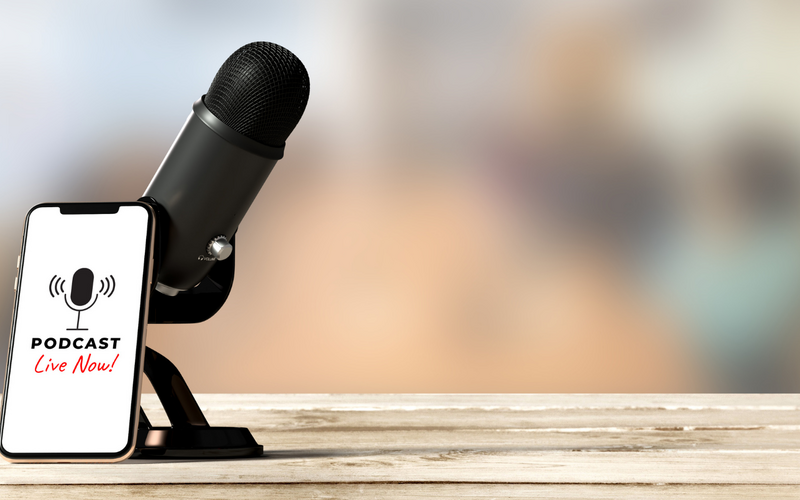
Attention Span (and the rise of Podcasts)
For most of my life I’ve been hearing about the problem of the average attention span of Americans. When I was kid it was the TV (aka “the idiot box” according to parents), then it was video games, then it was the internet, then it was the iPhone, then it was the Facebook crawl, then it was TikTok and then… You get the idea. Every ten years or so a new attention-span-villain was named as the destroyer of American youths.
I see attention spans the same way as I see personality characteristics — God created a great variety and the world is a better place as a result of it. I don’t think an unwavering, especially long attention span is inherently virtuous (especially when it’s put in the service of bad ideas.) Nor is a short or jumpy attention span inherently problematic. Certainly we diagnose and identify that many of us have ADD or ADHD. Many of our best and brightest operate in this space.
It is true, however, that until recently we’ve been on a cultural trajectory that encourages a shortened attention span. Films are shorter on average than they were 50 years ago. Time magazine is 1/10th the size of what it once was once. Three-minute songs have replaced thirty-minute symphonies in our preferred music. The way video is now cut and edited happens at a pace that would have given our ancestors a raging headache. If you have doubts about this, show any five-minute clip of “The Bourne Identity” to a 90-year-old and let them react to it.
Somehow, into this culture of quickening pace, the long-form podcast was born. With roots in talk radio and the early days of internet blogging, podcasts jumped into the spotlight in June 2005 when Apple added podcasting to its iTunes 4.9 music software and started building a directory of podcasts at its iTunes Music Store.
Podcasts generally feature a single host, or more commonly, a host and guest(s) talking over a topic of common interest and curiosity. The most listened to podcast in America — The Joe Rogan Experience — claimed over 190 million listeners per month in 2019 before the show moved off of public networks and onto subscription based Spotify. Joe Rogan’s show routinely runs over three hours per day. Some episodes and conversations have run over the five hour mark! How is it that Americans with purportedly diminished attention spans are tuning into this?!?
I have a theory: The wealth of information in our modern, technology rich world has made us increasingly hungry for stories, good listening, and curious conversations. Joe Rogan is no intellectual genius offering well crafted speeches. He has an inquiring mind and a sharp ear. He’s able to draw out great stories and passion from his guests.
While we’re a little late to the party, Elmhurst CRC is jumping on the bandwagon. We’ve launched a podcast that will perform a weekly deep dive into a single chapter of the Bible.
What better story to engage than the one God tells? What better place to turn a listening ear? What better source for sparking curiosity??
I’d love for you to give it a listen and let me know you find the experience. Take a long walk and listen to a chapter of the Bible and see where the Spirit takes you. Break up the boredom of a drive with some spiritual curiosity.
As we come back together, I’m hopeful that what will keep us together is a common experience of what God is still speaking to us through the Word.
Pastor Gregg